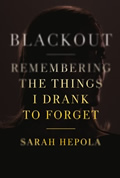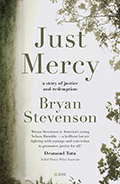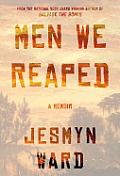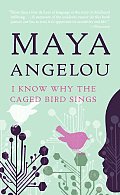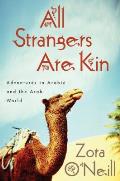
All Strangers Are Kin: Adventures in Arabic and the Arab World
By Zora O’Neill
Houghton Mifflin Harcourt, 2016
336 pages
All Strangers Are Kin is a linguistic romp through the Arab-speaking world in which O’Neill struggles to learn various Arabic dialects and sheds light on how difficult it is to become fluent in another language, especially one so different than her own. O’Neill, who studied Arabic in college and later did graduate work in Arabic Literature, is in her late 30s when she spends a year living in Egypt, The Gulf, Lebanon and Morocco.
She begins in Cairo, where she admits that she no longer wants to study the formal written form of the language, Fusha, and instead sets out to learn the local dialect. She reconnects with old friends and tries to find her way in a city that has changed since the January Revolution. In the UAE, she searches out local Arabic speakers in a community where most people are transplants, and ends up the only student in her Arabic class. In Lebanon and Morocco she has more success studying Arabic and regularly strikes up conversations with locals, but encounters two more dialects she is never fully able to master.
Before reading this book, I knew Arabic was a language with many distinct local dialects, but did not know how much they varied. O’Neill is open about her struggles using Arabic and dubs her travels, “my Year of Speaking Arabic Badly,” which nicely sums up her reflective and self-effacing character. But she loves Arabic language play and relishes in their idioms. And she is most at home with the dialect in Egypt, where they have a sense of humor she enjoys. As I read the book, I felt like I was traveling along with O’Neill — driving a car with her in the UAE desert, hiking in Lebanon and visiting a Berber village in Morocco. If you enjoy different languages and want to learn more about Arabic, and the Arabic-speaking world, I think you will enjoy this book.
O’Neill is an accomplished travel and food writer. She has written travel guides for Rough Guides, the Lonely Planet and Moon and also published a cookbook, Forking Fantastic, about an underground supper club she hosted for many years with a friend in Queens. My path has crossed with hers in New York and she is as delightful on the page as she is in person.

